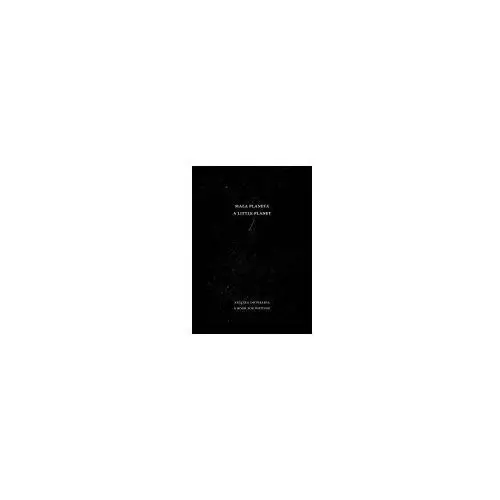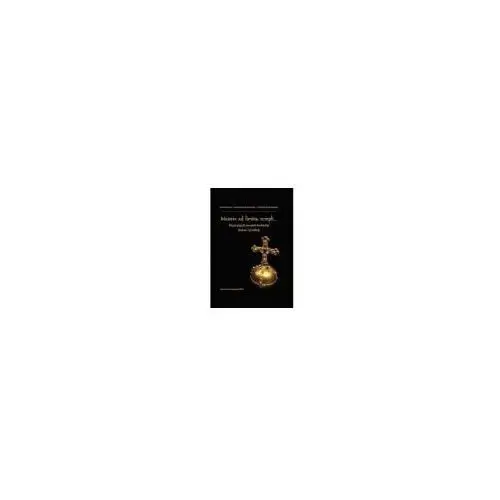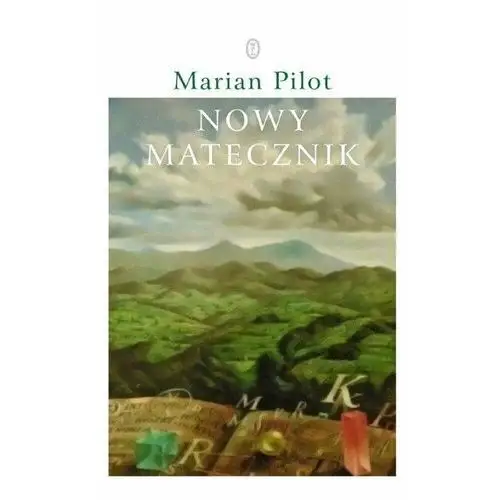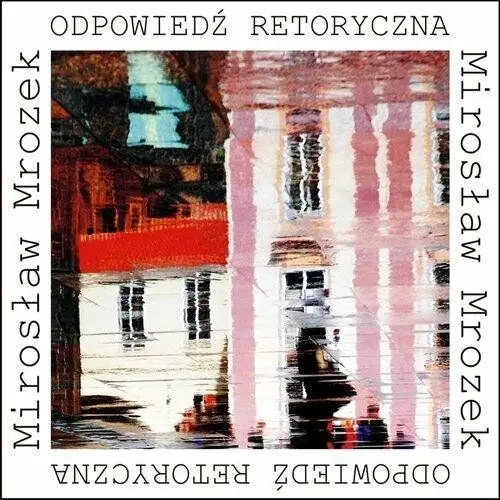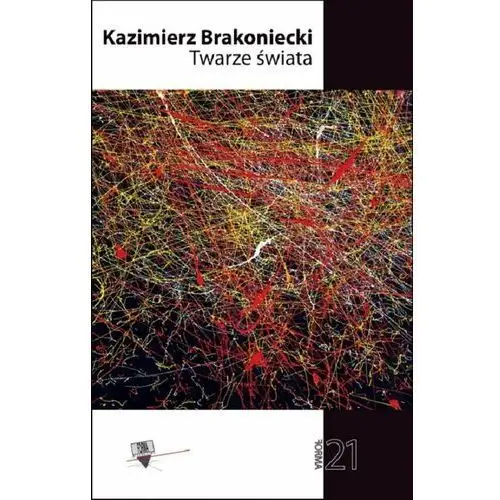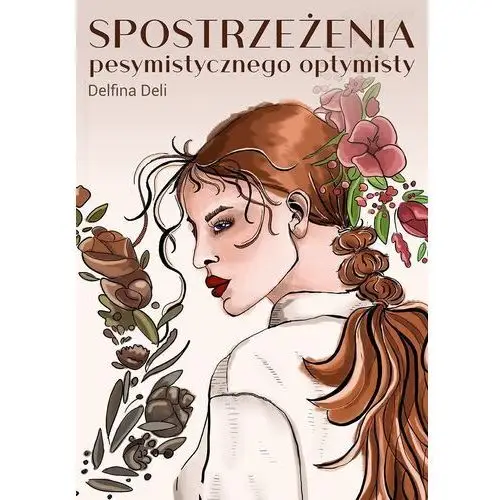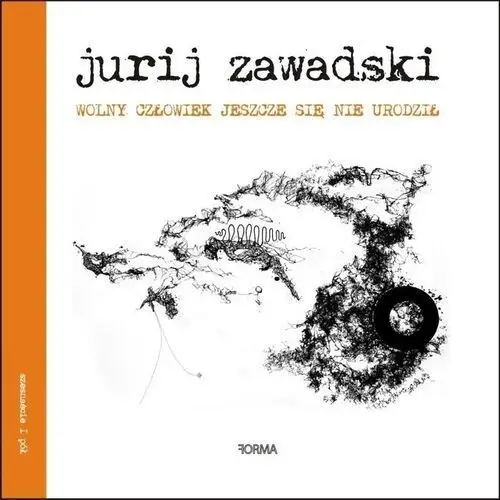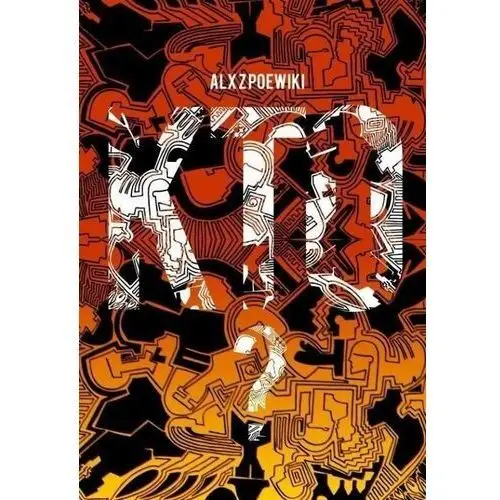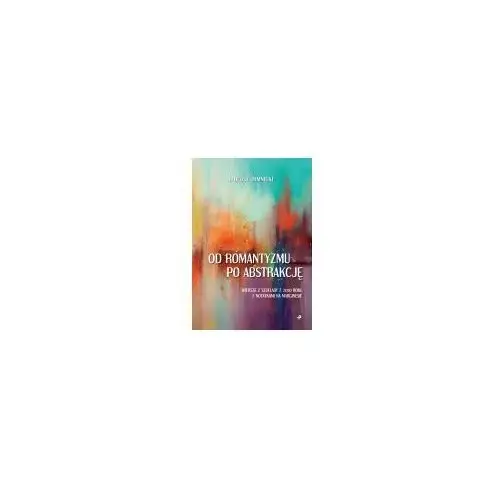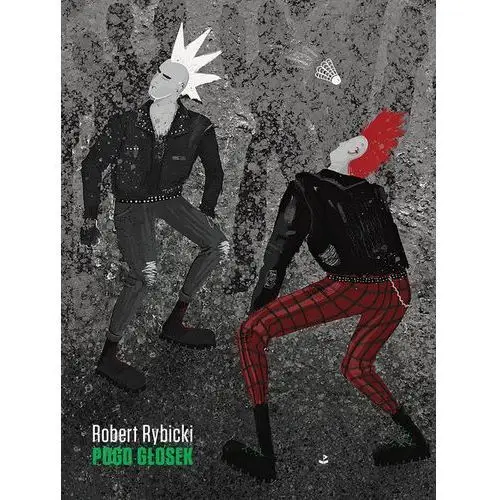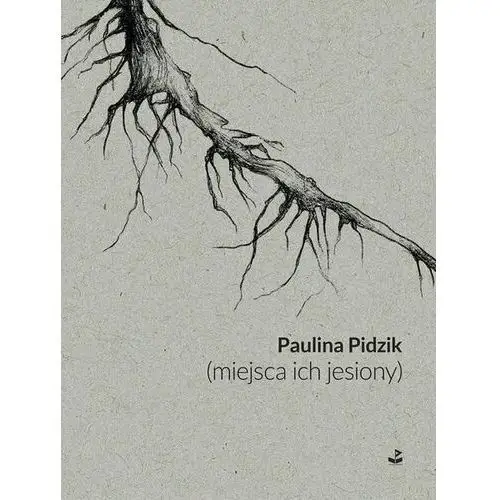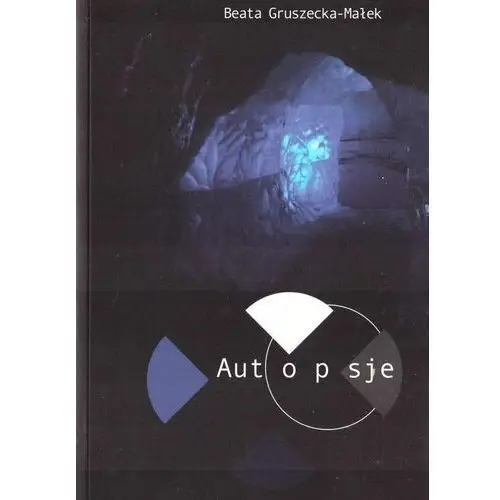W układzie słonecznym - jedna z najmniejszych, na Drodze Mlecznej - prawie niezauważalna, a we wszechświecie - nieskończenie nieduża drobina... Lecz jest. Haiku - gatunek krótkiej poezji (17 sylab albo mniej), który powstał w Japonii w XVI wieku i aktualnie stał się niezwykle popularną formą poetycką na świecie.
Haibun - krótka proza połączona z jednym albo kilkoma haiku. Haibunga - haibun połączony z obrazem. Termin wytwarzany poprzez Lidię Rozmus w jej książce Dwadzieścia widoków z Kreciej Góry. Sumi-e (obraz namalowany czarnym tuszem) - jest stylem malowania pędzlem, pochodzącym z XIII wieku Japonii.
Ściśle związany z buddyzmem zen i podobny w koncepcji do japońskiej kaligrafii. Sumi-e polega na prostocie myśli, działania i formy, w celu stworzenia unikalnego ładna. *** In the solar system - one of the smallest, in the Milky Way - almost imperceptible, and in the universe - an infinitely small speck...
but it is there. Haiku - a genre of short poetry (17 syllables or less) that originated in Japan in the 16th century and has now become very popular all over the world. Haibun - short prose combined with one or more haiku.
Haibunga - haibun combined with the image. The term was coined żeby Lidia Rozmus in her book Twenty Views from the Mole Hill, Deep North Press, Santa Fe 1999. Sumi-e ("black-ink pictures") - is a style of brush painting that originated in the 13th century Japan.
Closely associated with Zen Buddhism and similar in concept to Japanese calligraphy, sumi-e relies on simplicity of thought, action, and form to create works of unique beauty.
